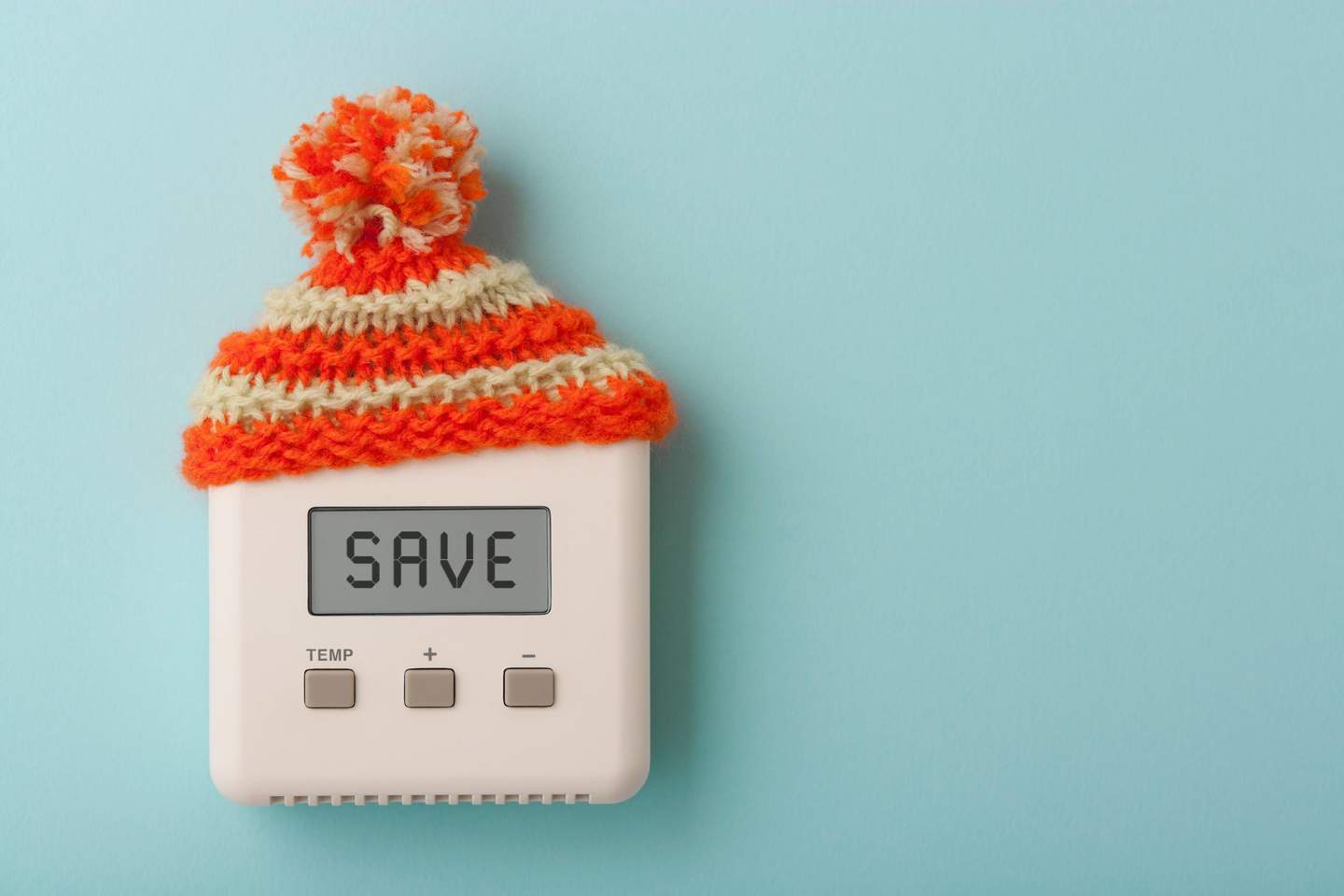
Sustainable Community Buildings
Helping the community improve the energy, water and waste efficiency of their buildings and save money!
We're here to help you and your community members use your building as efficiently as possible.
Learning how to use your building efficiently will help save you money by reducing energy, water, and waste to landfill. More importantly, you will minimise the impact on the environment from using your building and associated activities with sustainability front of mind.
If you would like our help in auditing your building to see where improvements can be made, please contact the Sustainability Team.
In the meantime, we've prepared a handy list of guidelines to get you thinking about what you could be looking at to improve the efficiency of your building. There are also some ideas and recommendations on the type of products you could be investing in or upgrading.
Areas to consider
Water Efficiency
Taps
- Minimum 6 star WELS rating
- Use push button or auto sensor taps for kitchen & basins.
- Have an aerator or flow restrictor installed on each tap.
- Fix leaking taps and replace washers - even a slowly dripping tap can waste 10,000 litres of water over a year.
- Avoid washing up under running taps.
Dishwashers
- Install water-efficient dishwashers to use 50% less water than average models.
- Consider a compact dishwasher if you do not need a full size unit
- Wait until you have a full load before washing.
- Scrape, rather than rinse, dishes prior to washing.
Toilets
- Replace single-flush toilets with water efficient dual-flush toilets.
- Regularly check for leaks and fix immediately.
- Install water-efficient urinals with smart controls to reduce unnecessary flushing.
Showers
- Encourage community members to limit showers to 4 minutes or less.
- Install water-efficient shower heads, which can use up to 40% less water.
- Fix leaking showers.
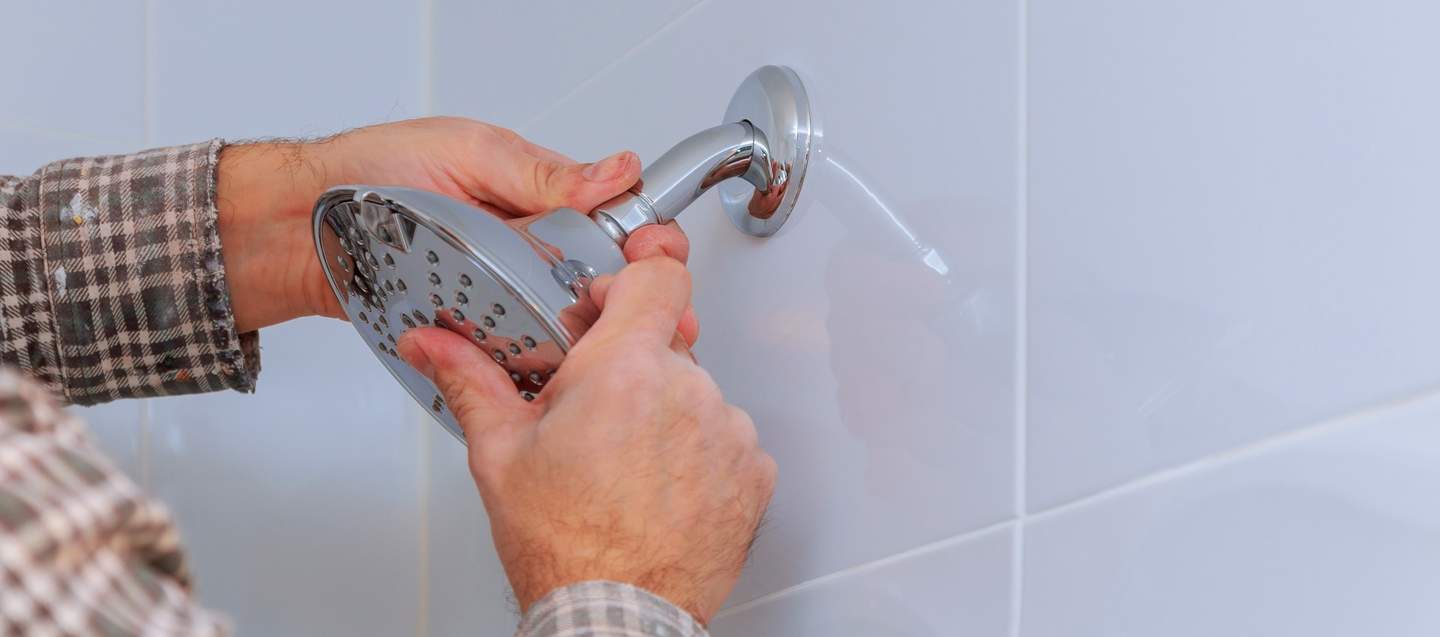
Gardens
- Install rainwater tanks.
- Use drought-tolerant or native plants.
- Use mulch to keep moisture in the soil.
- Water plants early in the morning or in the evening.
Energy Efficiency
Refrigeration
- Consolidate fridge contents to reduce the number of fridges needed.
- Drinks fridges can be been placed either on a timer, or smart fridges put in place to turn fridges off when not required.
- Fridge and cool room seals have been checked and repaired where required.
- Ensure fridges are kept in a ventilated room.
- Check thermostats are in working order.
- The fridge and cool room thermostats are set to 4°c.
Lighting
- Replace Fluorescent tubes at end of life with LED lights.
- Ensure all lights are switched off when not required; create some signage to remind users.
- When scheduling field/court use, try to minimize the use of field/court lighting by maximizing use in daylight hours.
- Field/court lights are switched off as soon as they are no longer required.
Showers
- The thermostat for hot water storage systems should be set between 60°c - 65°c.
- When upgrading the hot water system, ensure they are efficient units like a Heat Pump hot water unit. Seek quotes early and have a plumber investigate options.
- All shower heads are water saving units.
- Signage is in place to remind club users to have short showers, no more than 3 minutes.
Building Comfort
- The heater thermostat is set between 18 - 20°c as a maximum.
- Members are encouraged to dress warmly before putting the heater on.
- Doors and windows are closed if the heater or air-conditioning is on.
- Air-conditioning thermostat is set at 24-26°c minimum.
- Fans and natural ventiliation are used before air-conditioning is switched on.
- Filters on heaters and air-conditioners are cleaned annually.
- Investigate the cost of upgrading the heating and cooling system to a more efficient system with a strong preference towards energy efficient systems over gas ones.
- Switch all heating and cooling off after hours or set a timer.
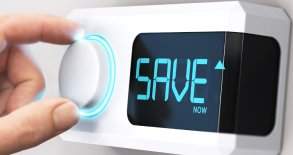
Stand-by power
- Instant boiling & chilling water systems are switched off when not in use, and only turned on 30 minutes before needed.
- Appliances are switched off at the wall when not in use.
Solar Power
- The club has spoken with Council about the possibility and appropriateness of solar PV installation and the funding possibilities.
Waste and Recycling Management
Collection Bins and Skips
- Ensure your group has the appropriate waste and recycling service to suit your users e.g. Kerbside or Private
- Ensure there are bin stations set up to sort all waste appropriately e.g. general waste, comingled recycling and food organics
- Ensure each bin station has signage on what goes in what bin, to make it easy for users of the buildings, highlighting common items such as bottles, cans, etc.
- Set up a cardboard skip bin if required
- Ensure club committee and users of the building are committed to recycling
- If food is prepared/sold on site, make sure there are caddys/bin set up in the kitchen or food preparation areas to separate organic waste.
Single-Use Plastics
- Reduce the amount of single-use items used on site. Visit our reducing plastic waste page for more information.
Packaging Choices
- Where possible avoid over packaged goods, use re-usable items or ensure they are recyclable or compostable
Reduce Waste
- Where possible encourage patrons to bring their own reusable items e.g. keep cup for the coffee van
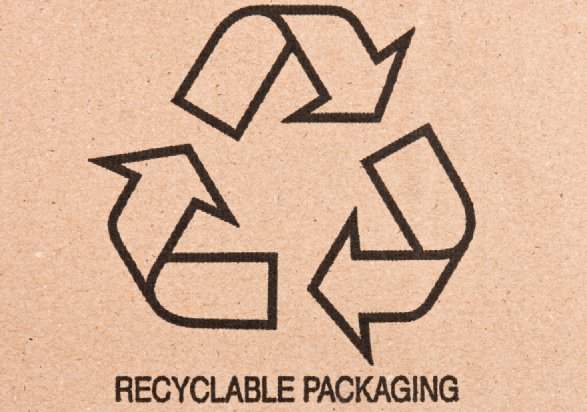
Other Sustainable Areas
Cleaning Products
- Use toxin-free, botanical, asthma-friendly safe products where possible
Catering
- Use local, organic and seasonal produce where possible
Events
- Hosting an event? Please check out the Sustainable Event Guidelines to help plan a sustainable event.
Sustainable Product Recommendations
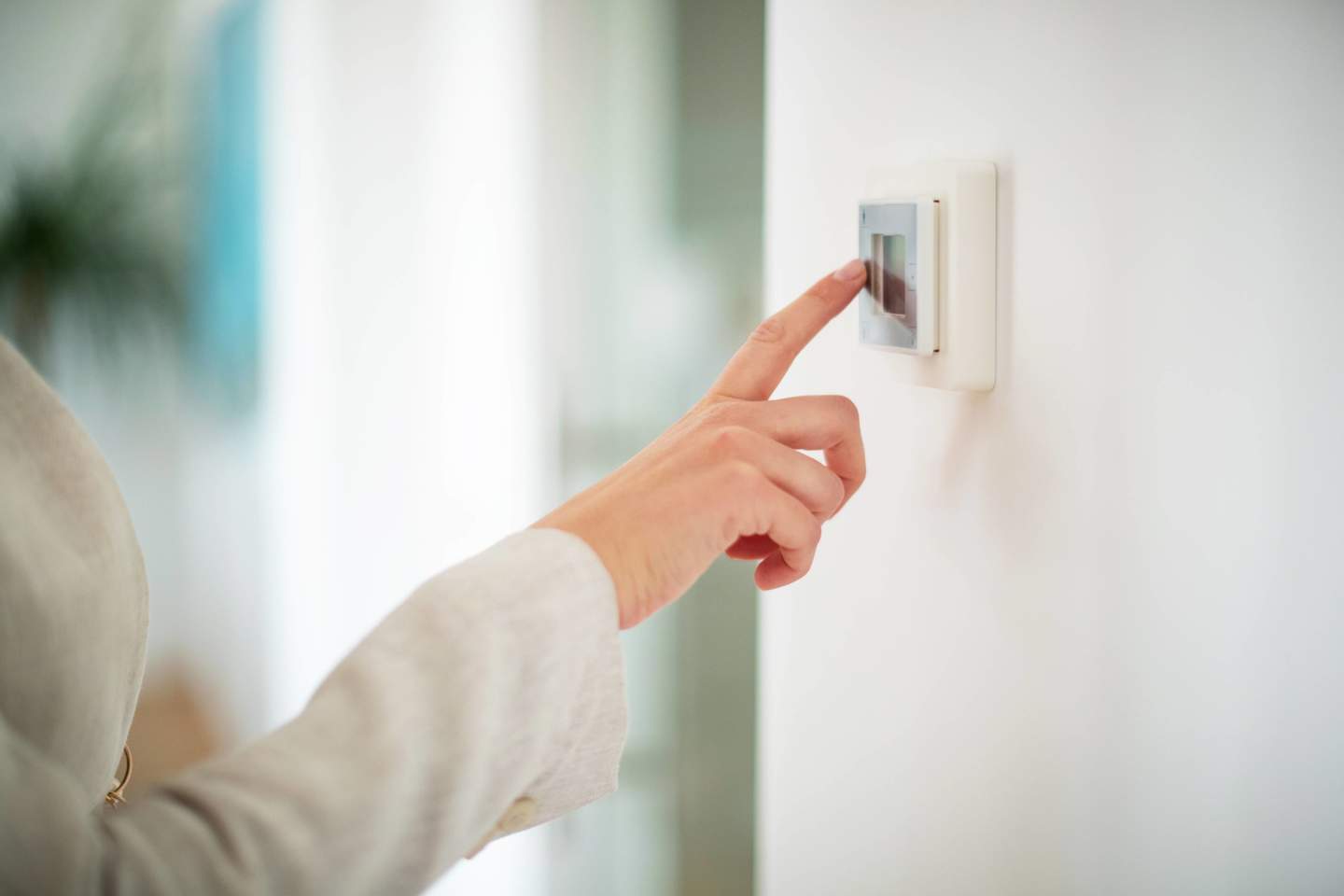
Electrical
Web search: Energy efficient appliances
What is an energy efficient refrigerator?
- 3.5 to 4 Star Appliance
What is an energy efficient cooling system?
- 4+ star energy efficiency (recommendation to purchase the most efficient product within your budget)
What is an energy efficient heating system?
- 4+ star energy efficiency (recommendation to purchase the most efficient product within your budget)
Web search: Energy rating label Australia
Learn more about energy rating labels
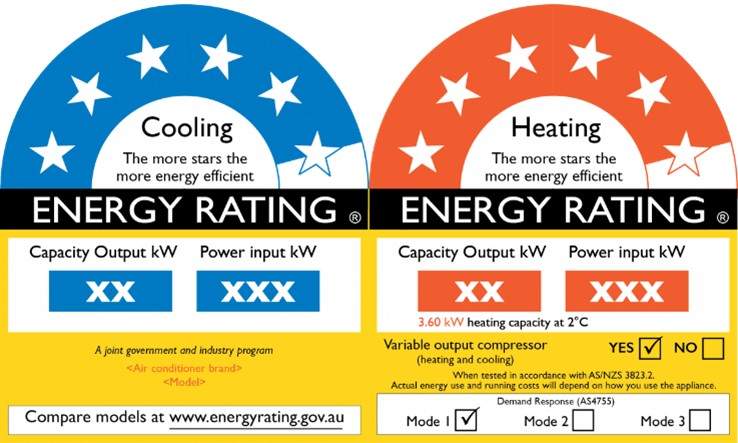
Plug Timers (DIY)
Allow you to program when the appliance turns on and off each day normally on a weekly or daily cycle.
Web Search: energy efficient timers and adapters
Bunnings have some great examples of power timers and adapters.
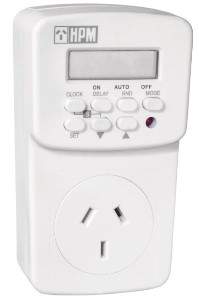
Daylight & Motion Sensor Lights (DIY or Electrician)
Will enable a light or lights to only turn on when required. It will monitor the amount of light provided by the sun and whether motion is detected. Great for bathrooms, storage rooms and other occasional use areas.
What are energy efficient lights?
- LED lights (Preference)
- T8 fluorescent tubes / Compact Fluorescent lights
Web Search: energy efficient motion sensor lights
Reduction Revolution have some great examples of LED motion sensor light fittings.
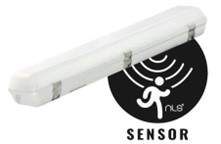
Water
Web Search: Water efficient fittings and/or Water efficient ____ (appliance)
Web Search: WELS rating label
Important information is provided on the water rating label and in the text advice which enables you to quickly compare the water efficiency of different products.
What are Water Efficient Dishwashers?
- Minimum 5 star WELS
What are Water Efficient Toilets or Urinals?
- 4 star WELS Rating (4.5L for a full flush and 3L for a half-flush)
- 6 star WELS, sensor operated or waterless
- Waterless Urinals
What are Water Efficient Showerheads?
- 3 star WELS (> 6 but < 7.5 litres/minute flow rate) or above
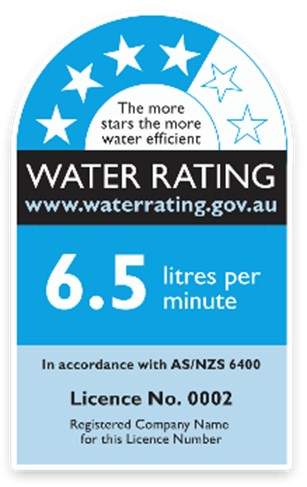
Taps (DIY)
What are Water Efficient Taps?
- 6 star WELS, push button or with sensor for kitchen & basins
- Aerator or flow restrictor installed on each tap to use less water
Web Search: water efficient tapware and/or water saving tap aerator
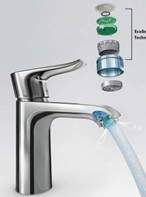
Rainwater systems
Rainwater can be used unfiltered on site for gardens, toilet flushing & external cleaning. Filtered water can be used to replace tap water in nearly all uses.
Web Search: rainwater harvesting system
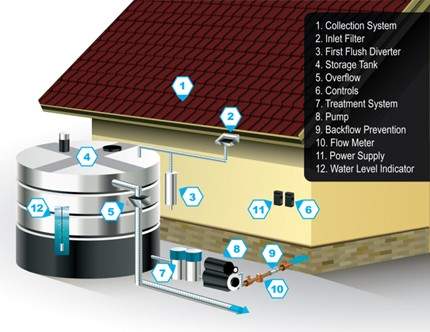
Hot Water systems
What is an energy efficient hot water unit?
- Energy efficient heat pump Hot water unit (COP rating of 3.0 or above)
- Solar Hot water unit
- PV Solar diverter (Used with Electric Storage tanks)
Web search: Sustainable hot water system
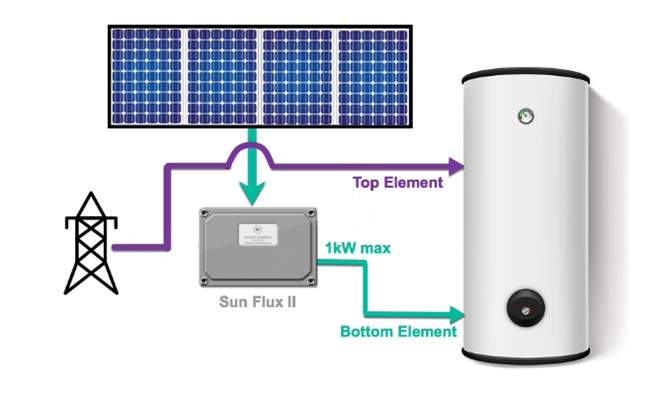
Insulation & Draft Proofing
Draft Proofing & Seals
Seal gaps around doors & windows to minimise drafts coming into areas that are being heated and cooled.
Web search: Efficient draft proofing
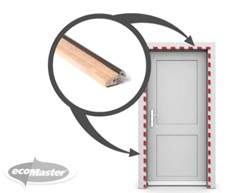
Insulation
Insulation helps maintain a better temperature internally reducing the heating and cooling requirements.
What is good quality insulation?
- At least R4-value insulation for roofs
- Target R2.5 for walls
- Target R2.0 for floors
- Low Chemicals added, recycled or natural materials
- Fire rating appropriate for your area
Web Search: Insulation Eco friendly
Waste & Recycling Management
Web Search: Recycling bin station set up
A good system looks like this:
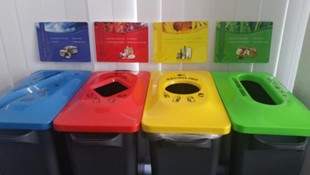
- Each bin station at the site is equipped with a general waste & comingled recycling
- There is an Organic waste collection point in the kitchen and a dedicated bin can also be used for events where food is being served
- Each bin station has signage of what goes in what bin, to make it easy for users of the buildings & to reduce contamination
Other tips:
- A cardboard skip bin may be a good option too
- A private service for mixed recycling, organics and general waste is a preference if the fortnightly recycling and weekly food and green organics and general waste council kerbside service is not adequate
- Ensure your commercial/private service has an adequate system to separate and recycle all your needs
Web Search: Commercial/Private waste and recycling services
Requests quotes, information and educations tools on the service best suited for your community group or club.
Hosting an event?
Don’t forget to check out Council's Sustainable Events Information to help reduce your waste and reduce the impact on the environment.
